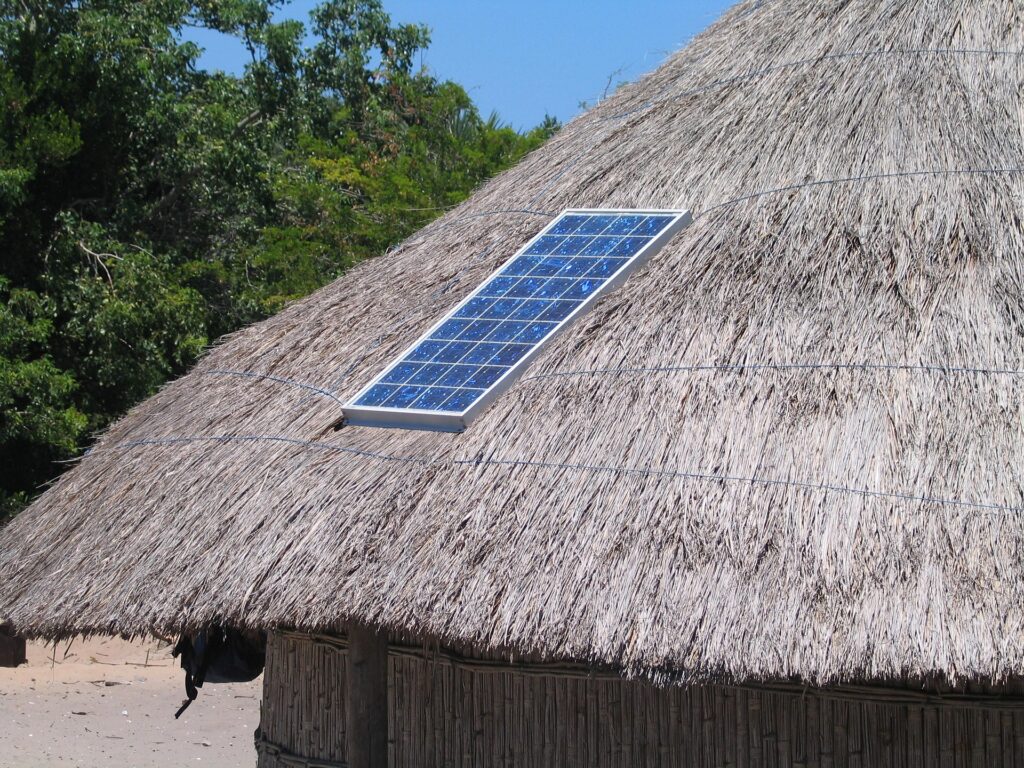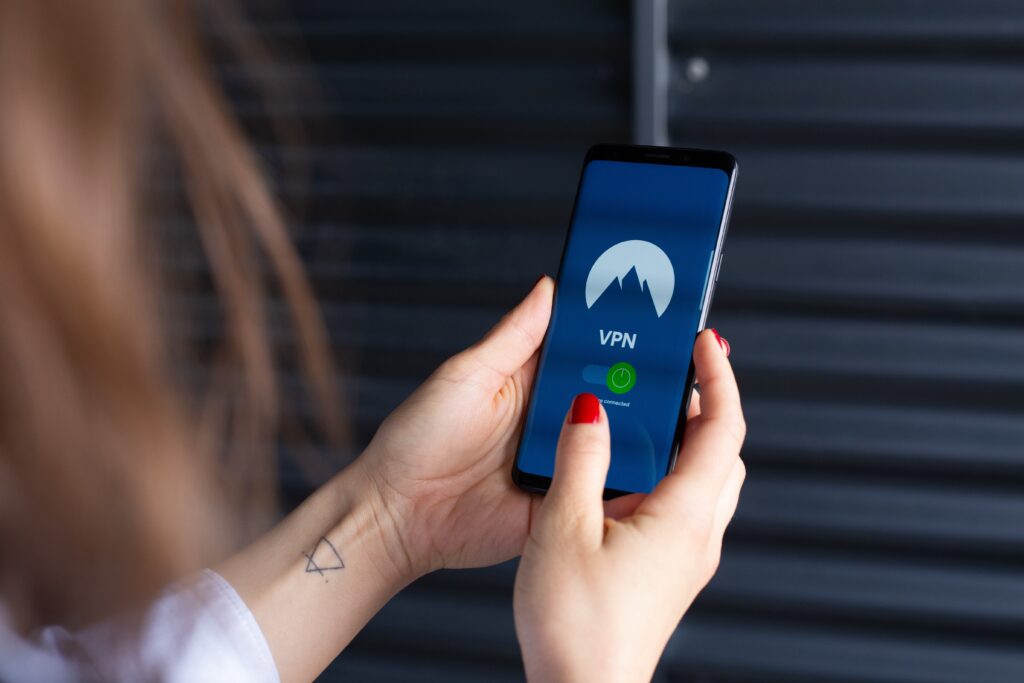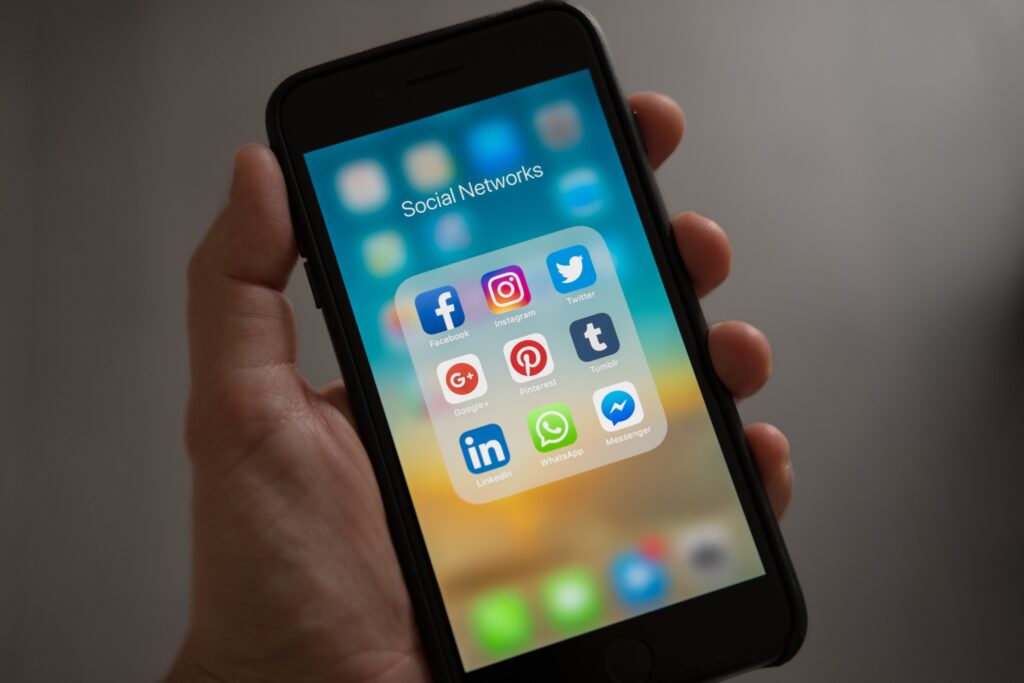How Can You Stay Connected with Work When Living Off the Grid?

The world is in worse shape than it has been in a long time. At the same time, individuals are constantly preoccupied and connected to the point that life can become routine and unfulfilling. Getting off the grid sometimes be just what the doctor orders. Some people have chosen to live off-grid as a way of life. But how do you accomplish this while still being linked to work? Fortunately, thanks to technological advancements, retaining a solid connection to work is now feasible even in the most remote locations. In this post, we'll look at several ideas and strategies for staying connected to work while living off the grid. We'll talk about anything from investing in solar-powered equipment to using satellite internet to stay connected with work while enjoying the independence and beauty of living off the grid.
What Do You Need to Live Off-Grid?
To live off the grid means to forego the use of public utilities like electricity and water. It's not merely a question of severing ties to the outside world; rather, it's a way of life that necessitates independence from outside sources and readiness for the unexpected. In the event that your regular access to electricity and utilities suddenly becomes compromised, you'll need to arm yourself with the knowledge and training necessary to survive. You can greatly increase your chances of survival and quality of life when off the grid if you have access to a few key goods. All you need to know about off-the-grid survival gear is listed in this infographic.

Investing in Solar-Powered Technology
One wise way to stay connected with work when living off the grid is to invest in solar-powered technology. Renewable solar energy is a well-known energy source due to its cost-effectiveness and sustainability. With the rising cost of electricity, many businesses and homeowners have stated that switching to solar power has decreased their electricity bills by up to 50%-90%.
Those who desire to transition to solar energy can use a grid-tied or off-grid solar system. Solar panels, battery banks, and inverters can charge laptops, cell phones, and other electronic devices. They can also provide power lighting, appliances, and other necessary equipment.
Solar panels serve as the foundation of solar-powered technologies. They turn sunlight into power, which is then stored in a battery bank and used later. The number and size of solar panels required will be determined by the quantity of power required. A professional solar installation can assist you in determining the best size and quantity of solar panels for your unique needs.
Excess power generated by solar panels is stored in battery banks. When sunlight is not accessible, such as at night or overcast days, the stored energy can be utilized. Battery banks are available in various sizes and capacities, with the optimal size determined by the quantity of electricity needed and the length of days without sunshine.
Inverters are used to transform direct current (DC) power generated by solar panels and stored in a battery bank into alternating current (AC) electricity that electrical devices may use. Grid-tie inverters, off-grid inverters, and hybrid inverters are among the numerous types of inverters available. The proper sort of inverter will be determined by your unique requirements as well as the type of electrical system you have.
Investing in solar-powered technology may be costly at first, but it will save money in the long term. It lessens dependency on fossil fuels and grid-connected energy, which may be expensive and unreliable in rural locations. Furthermore, low-maintenance solar-powered equipment makes it a cost-effective and long-term alternative for remaining connected to work while living off the grid.

Using Satellite Internet
Living off the grid sometimes entails living in rural places where typical internet connections such as cable, DSL, or fiber-optic are unavailable. But satellite internet allows you to stay connected to work.
Satellite internet works by transmitting and receiving signals from an orbiting satellite to a dish in your house. This technology delivers a dependable and fast internet connection unaffected by distance or location. You may utilize satellite internet to stay connected to work from practically any place as long as you have a clear line of sight to the sky.
Satellite internet services are often more expensive than standard internet subscriptions, and the initial installation might also be pricey. On the other hand, satellite internet is a good investment if you want a solid and dependable internet connection to accomplish your business obligations.
One of the significant benefits of satellite internet is that it can accommodate several devices at the same time. As a result, you may easily connect several devices to the internet, such as computers, tablets, smartphones, or smart gadgets. On the other hand, satellite internet is known to have significant latency or delay, which might interfere with video conferencing, online gaming, or real-time applications.
View this post on Instagram
It's important to note that going "off the grid" doesn't have to imply giving up all contact with the office. Even if you are off the grid or in a very rural place, you don't have to miss out on your professional connections entirely. A dependable internet connection and distant work can be maintained through solar-powered technologies, satellite internet, a virtual private network (VPN), and mobile hotspots. Using cloud-based applications for sharing and collaborating on files and projects is another viable option. To experience the benefits of off-grid living while maintaining your professional connections, you must acquire new knowledge and modify your lifestyle somewhat.Using a Virtual Private Network (VPN)

Mobile Internet Hotspots

Cloud-Based Software




